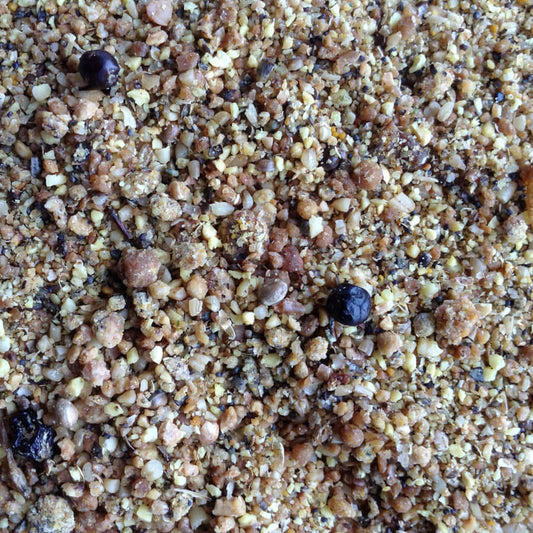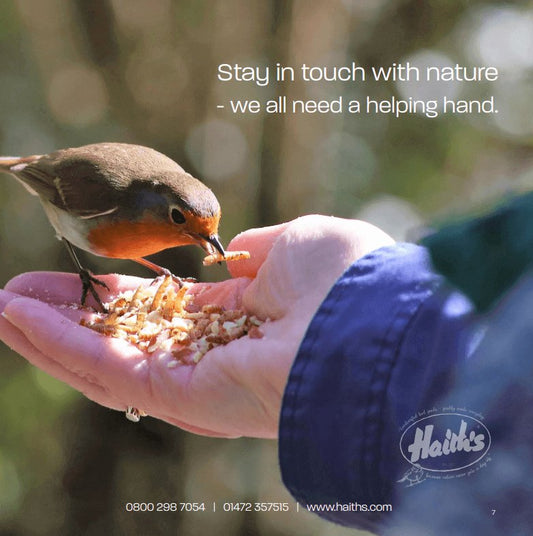Seasonal Bird Feeding Guide: Top Spring Tips by Haith's
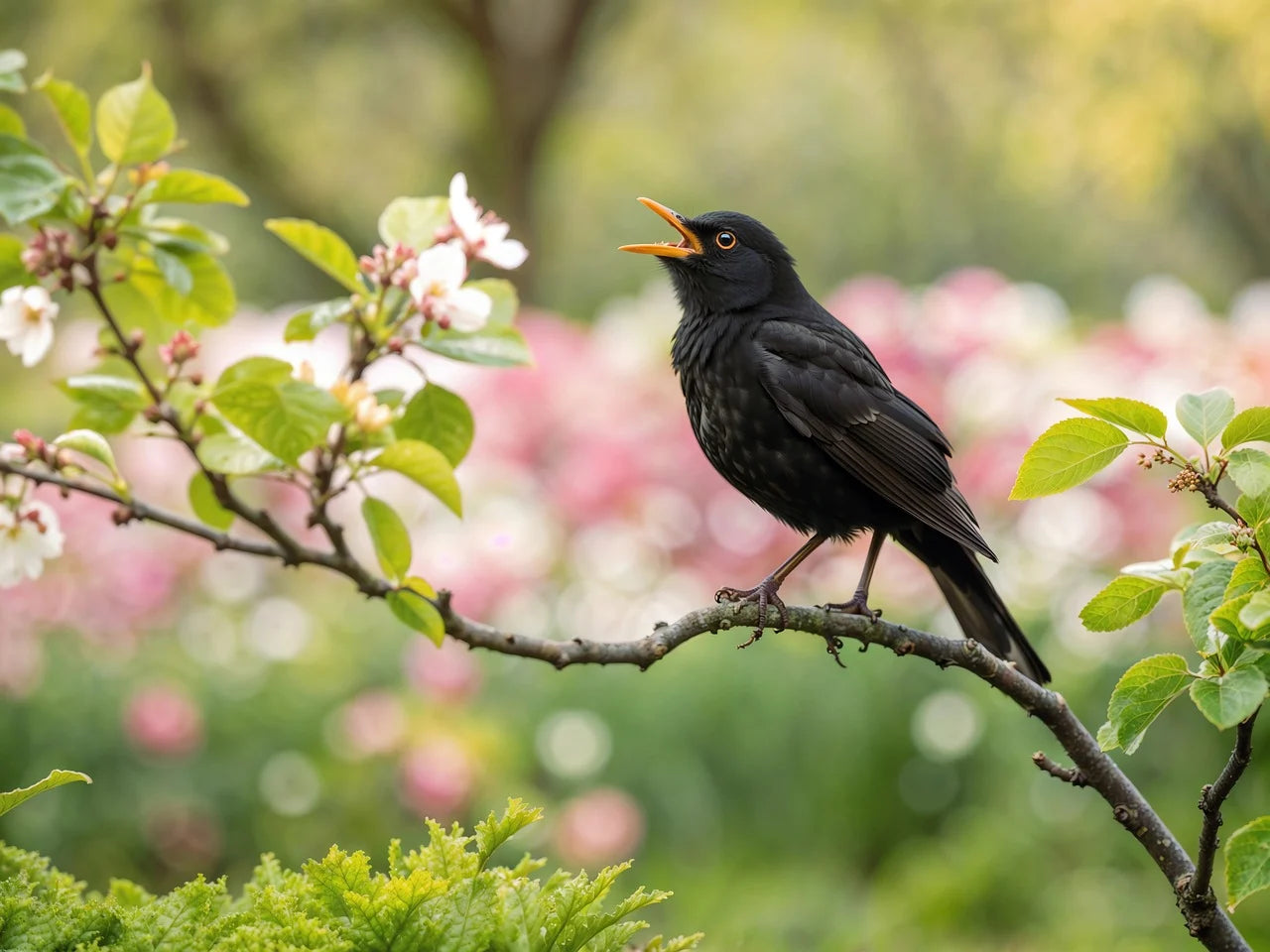
As the warmth of spring breathes new life into the countryside, birds face one of the busiest and most challenging times of the year. The spring season is a time of renewal, marked by nesting, raising young, and recovering from the hardships of winter. While nature provides an abundance of resources, the support of bird lovers can make a significant difference. Feeding birds in spring is not only beneficial for their health and survival but also a rewarding experience for those who enjoy observing wildlife in their natural habitat.
The Challenges Birds Face in Spring
-
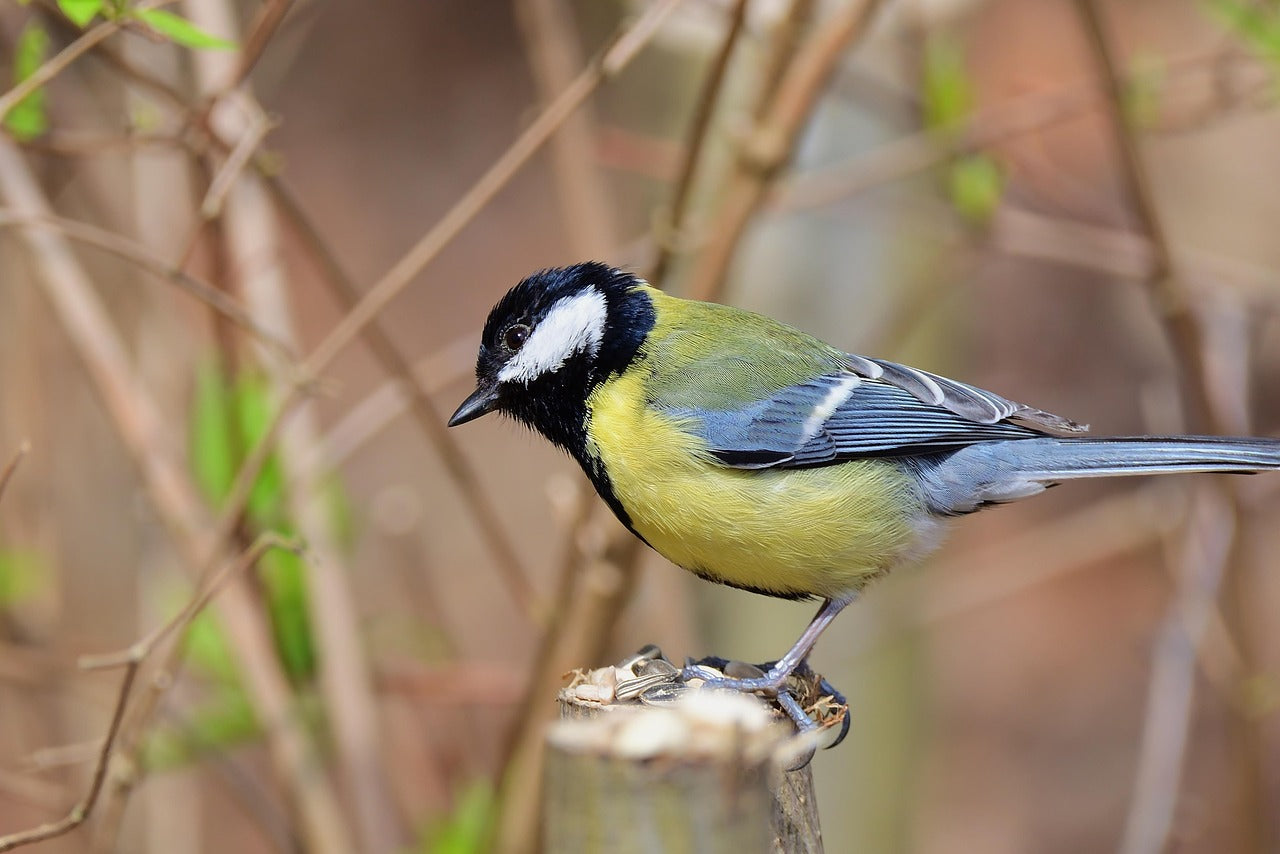
Spring may seem like a time of plenty, but it presents several difficulties for wild birds. The breeding season demands increased energy, yet food sources are not always immediately available. Many natural food supplies, such as insects and seeds, remain scarce in early spring, and unpredictable weather conditions can add further stress. Cold snaps, late frosts, and heavy rains can reduce insect populations and make it harder for birds to find food. Additionally, competition for food increases as returning migratory birds join the local populations.
-

Another challenge is nest-building and raising chicks. Producing and incubating eggs, feeding hatchlings, and protecting nests from predators require vast amounts of energy. Parent birds must work tirelessly to provide for their young while maintaining their own strength. A reliable food source close to their nesting site can help reduce the risks of exhaustion and malnutrition.
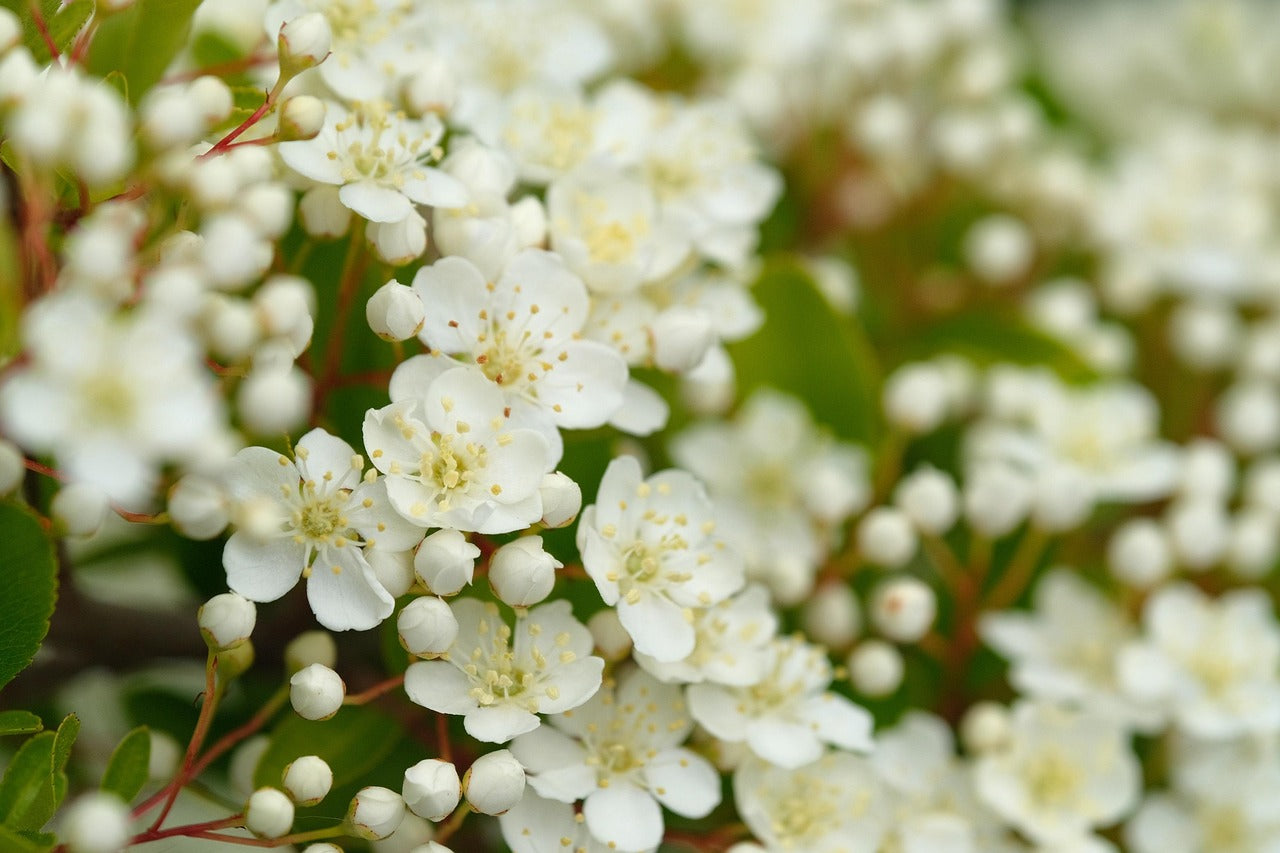
How Much Energy Do Birds Need in Spring?
During the breeding season, birds require a diet rich in energy to sustain their increased activity levels. Small songbirds, for example, need to consume up to half their body weight in food each day. The energy demands are even higher for species that engage inelaborate courtship displays or long migratory journeys. Chicks grow rapidly, needing frequent feeding to develop strong feathers and muscles. This places an even greater strain on parent birds, which must hunt for protein-rich food while keeping a watchful eye on their vulnerable offspring. The provision of high-energy foods at feeding stations can be a lifeline, particularly in urban and rural areas where natural food sources are fragmented.
The Importance of High-Energy Bird Foods
Providing birds with high-energy foods in spring supports their nutritional needs and enhances their chances of successfully raising young. Here are some of the best foods to offer:

Sunflower Hearts
Packed with essential fats and proteins, sunflower seeds provide a quick and nutritious energy boost. Sunflower hearts, which lack the hard outer shell, are particularly beneficial as they require less effort to eat.
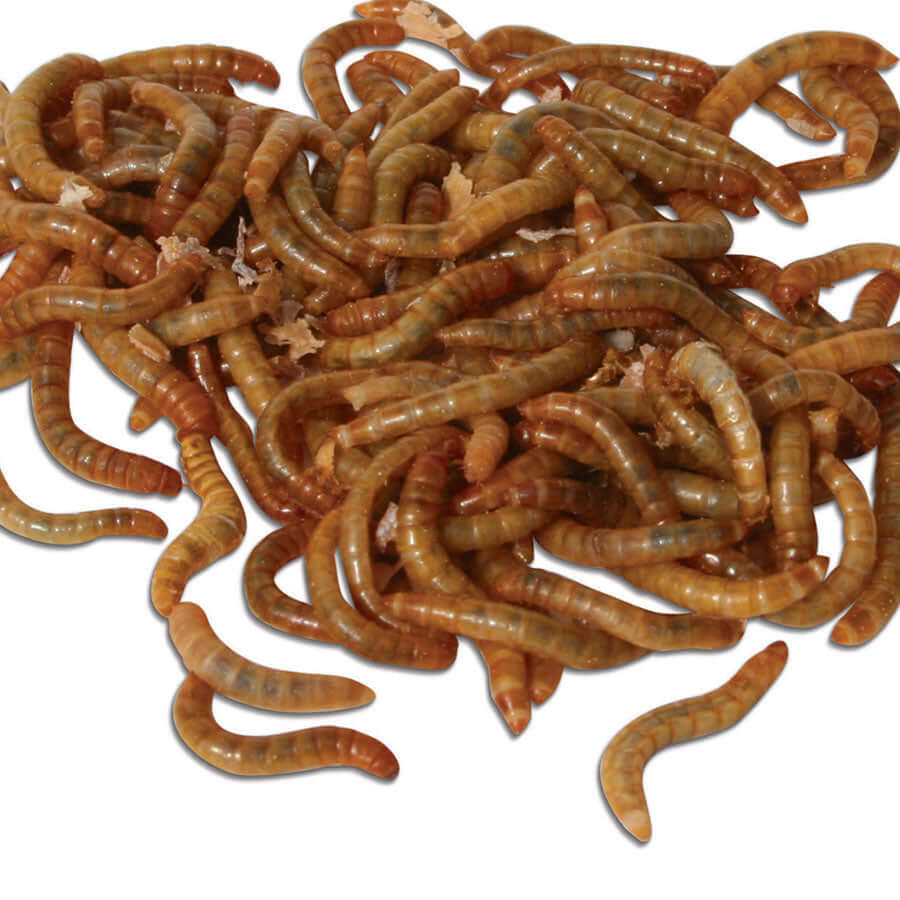
Mealworms
These are an excellent source of protein, ideal for feeding growing chicks. Live mealworms are preferred, but dried mealworms soaked in water can also be a valuable supplement.
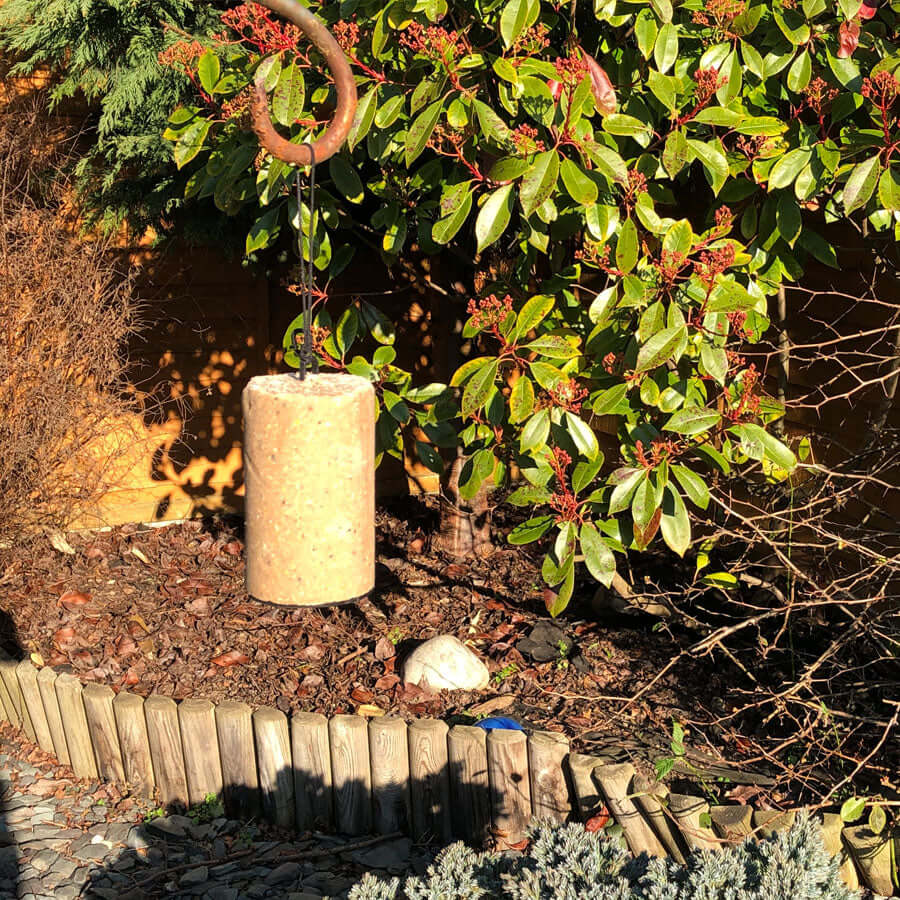
Suet and Fat Balls
While often associated with winter feeding, suet is beneficial in spring as well. The high-fat content provides long-lasting energy, helping birds to sustain their increased activity levels.

Fledge Mix
Fledge makes life easier for fledglings and busy parents. Give nature the nutritional edge to a successful fledge. Promotes enriched and natural foraging behaviour. Fledge is an innovation in natural diets offering optimal foraging of energy and nutrients for busy parents and fledglings during the spring and summer breeding season.
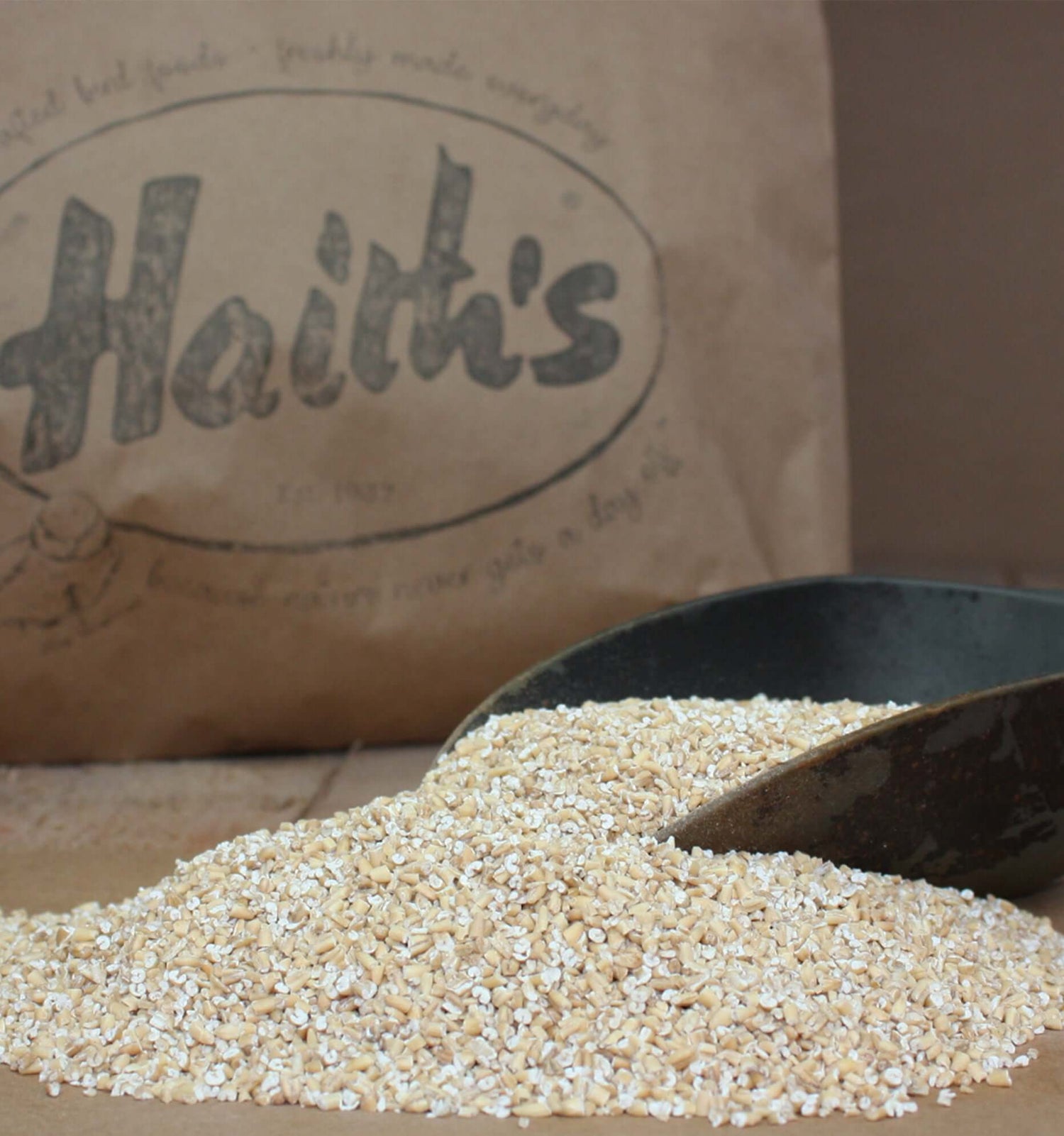
Peanut Granules
Packed with proteins and oils a no-mess, no-waste banquet for a variety of wild birds - including Robins, Dunnocks and Blackbirds.
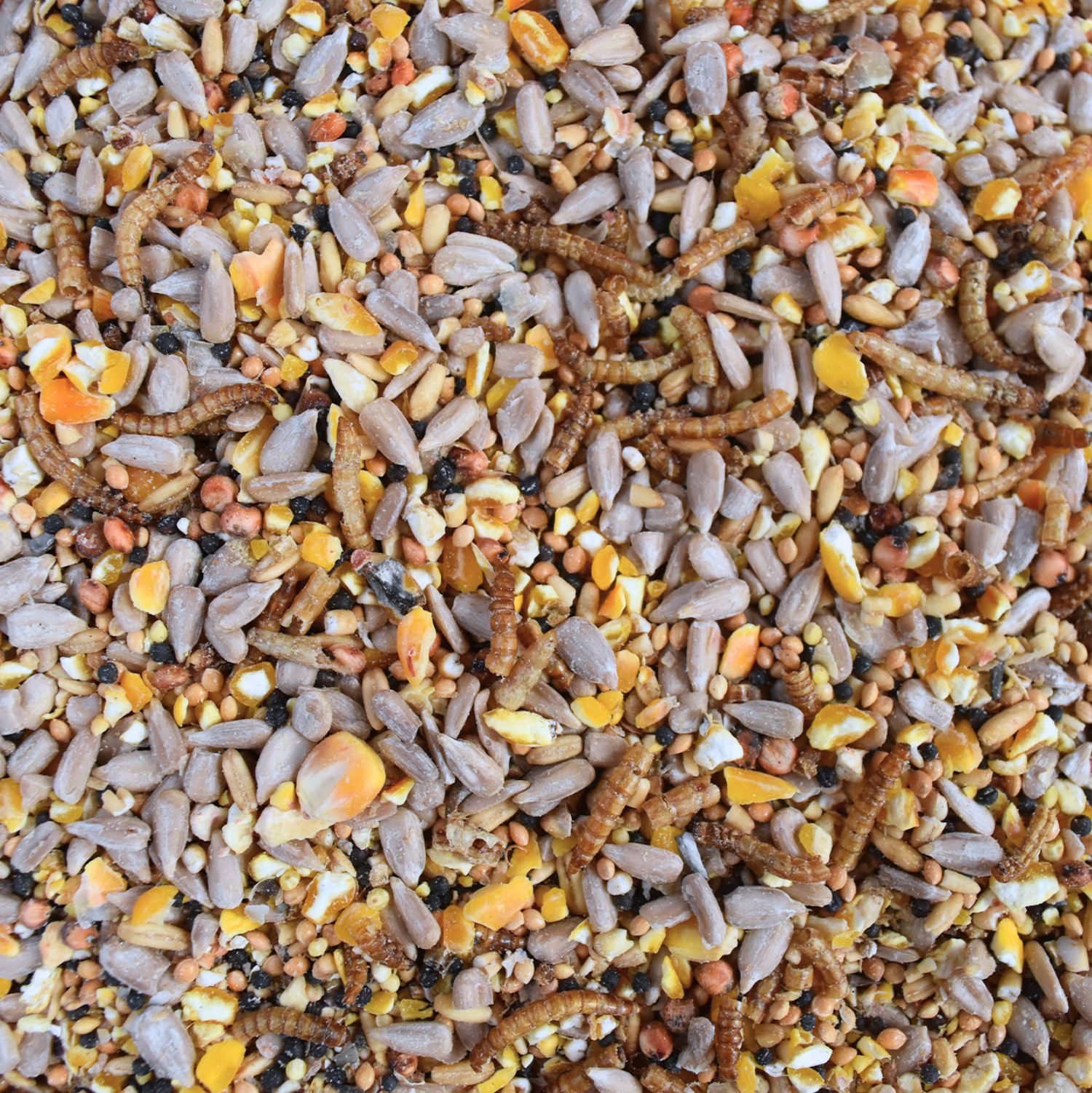
Spring-Summer Seed Mix
Summer Seed is our popular seasonal special – it contains high-quality, high-protein ingredients including Sunflower Hearts, Dried Mealworms, Millet, Maize, Black Rapeseed and Fine Oystershell Grit. This new recipe is full of high-energy seeds for busy parent birds and fledglings to explore, making it a true easy beak seed mixture.
Support Your Garden Birds This Spring with Soft Foods
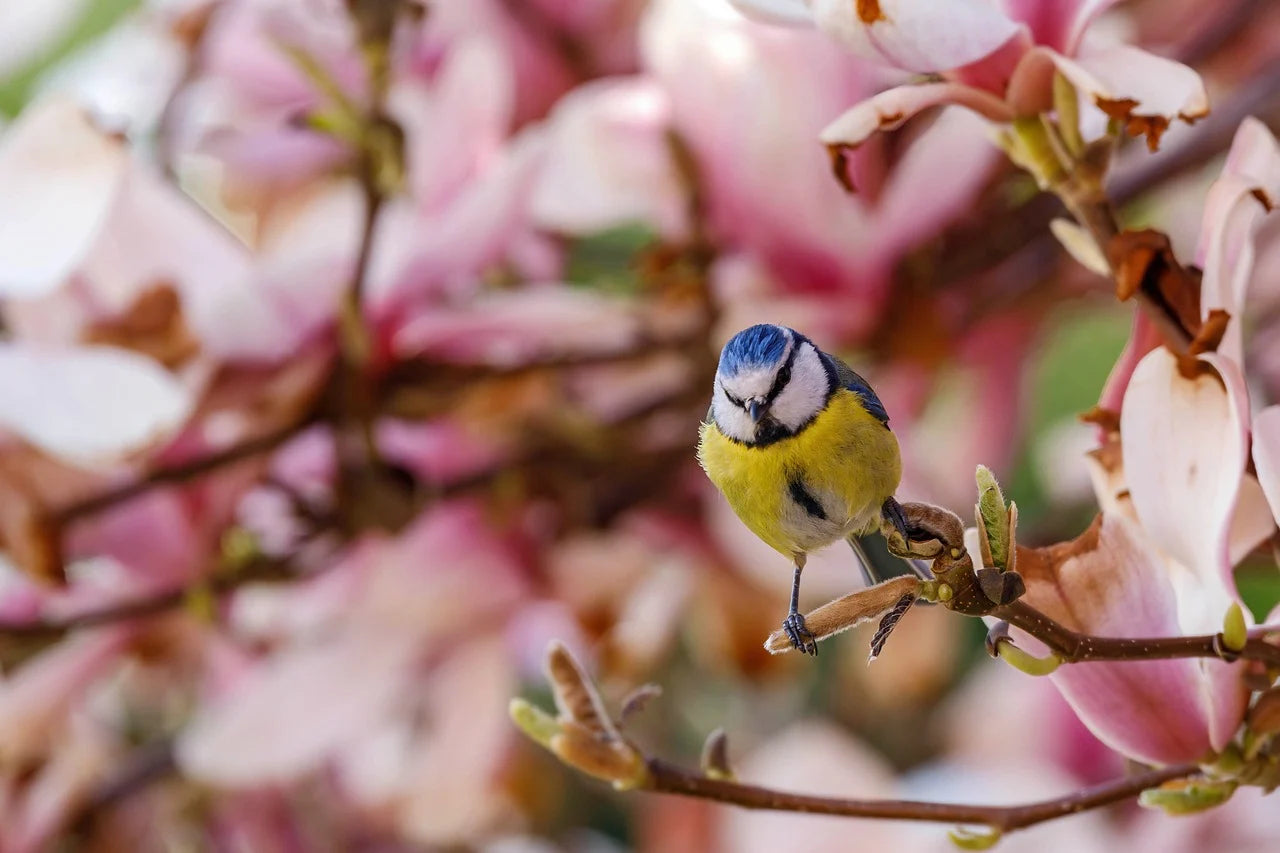
Spring is a pivotal season for garden birds as they embark on nesting and raising their young. Providing soft foods during this time offers essential energy and nutrients, supporting both fledglings and their parents. Haith's offers a range of soft foods tailored for ground-feeding birds such as Golden Chorus, Softbill Food and Beggars Banquet. By incorporating these soft foods into your garden feeding routine, you not only aid in the survival and health of these birds during the demanding breeding season but also enjoy the vibrant presence of various species thriving in your garden.
Shop our full softfood collection here
-
Prosecto™ Insectivorous Bird Food
Vendor:HAITH'S to HOME3.9 / 5.0
(10) 10 total reviews
Regular price From £6.99 GBPRegular priceUnit price / per£6.99 GBPSale price From £6.99 GBP -
Dried Mealworms for wild birds
Vendor:HAITH'S to HOME5.0 / 5.0
(36) 36 total reviews
Regular price From £6.29 GBPRegular priceUnit price / per£6.29 GBPSale price From £6.29 GBP -
Fat Robin™ - Soft & Nutritious Bird Blend
Vendor:HAITH'S to HOME4.45 / 5.0
(20) 20 total reviews
Regular price From £4.99 GBPRegular priceUnit price / per£4.99 GBPSale price From £4.99 GBP -
Songster Food for Ground-Feeding Birds
Vendor:HAITH'S to HOME4.95 / 5.0
(19) 19 total reviews
Regular price From £5.95 GBPRegular priceUnit price / per£5.95 GBPSale price From £5.95 GBP
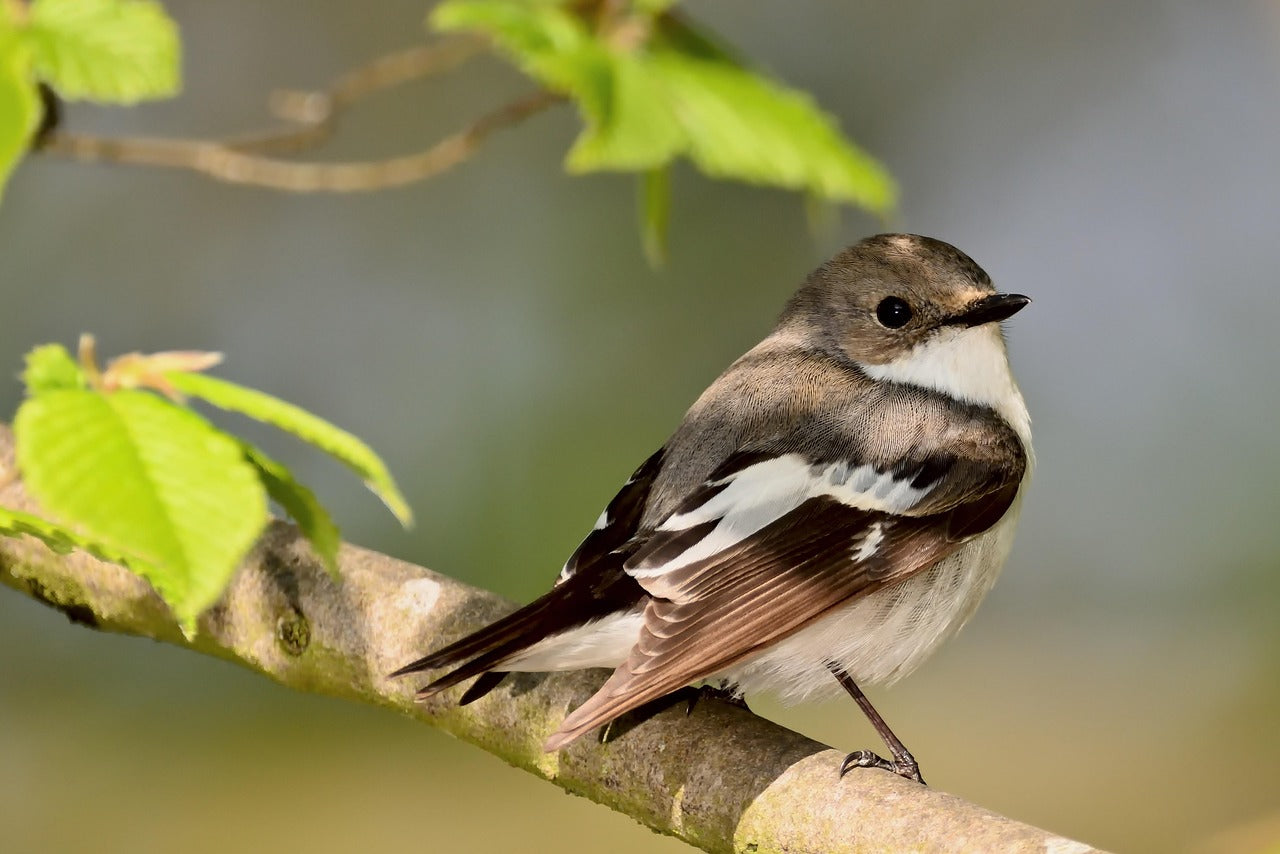
How to Support Birds in Spring
Beyond food, there are several other ways to support birds during this crucial season:
Provide Fresh Water
Water is essential for both drinking and bathing. Clean, shallow dishes of fresh water or birdbaths can help birds stay hydrated and keep their feathers in top condition. Regular cleaning prevents the spread of disease.
Offer Safe Nesting Sites
Natural nesting sites are often lost due to habitat destruction. Nest boxes provide safe havens for cavity-nesting birds such as blue tits and robins. Position boxes in sheltered locations, away from predators, and ensure they are cleaned annually.
Reduce Garden Disturbance
If you have nesting birds in your garden, try to minimise disturbances. Avoid excessive pruning and keep cats indoors during peak nesting periods. Disturbances can cause parent birds to abandon their nests, putting chicks at risk.
Avoid Bread and Harmful Foods
While it may seem harmless, bread offers little nutritional value to birds and can lead to malnutrition. Processed foods, salty snacks, and milk should also be avoided.
Feed Consistently
Birds quickly learn where reliable food sources are. Keeping feeders stocked throughout spring can help birds avoid energy deficits, particularly during cold or wet spells.
Garden for Wildlife
Planting native trees, shrubs, and flowers can provide a natural habitat for insects, which are an essential food source for birds. Berry-producing plants and hedgerows also offer shelter and nesting sites.
The Joy of Spring Bird Feeding
Feeding birds in spring is not just about conservation - it’s also a deeply fulfilling experience. Watching parent birds bring their chicks to feeders, listening to the vibrant dawn chorus, and
witnessing the lively interactions of different species can bring a sense of connection to nature.
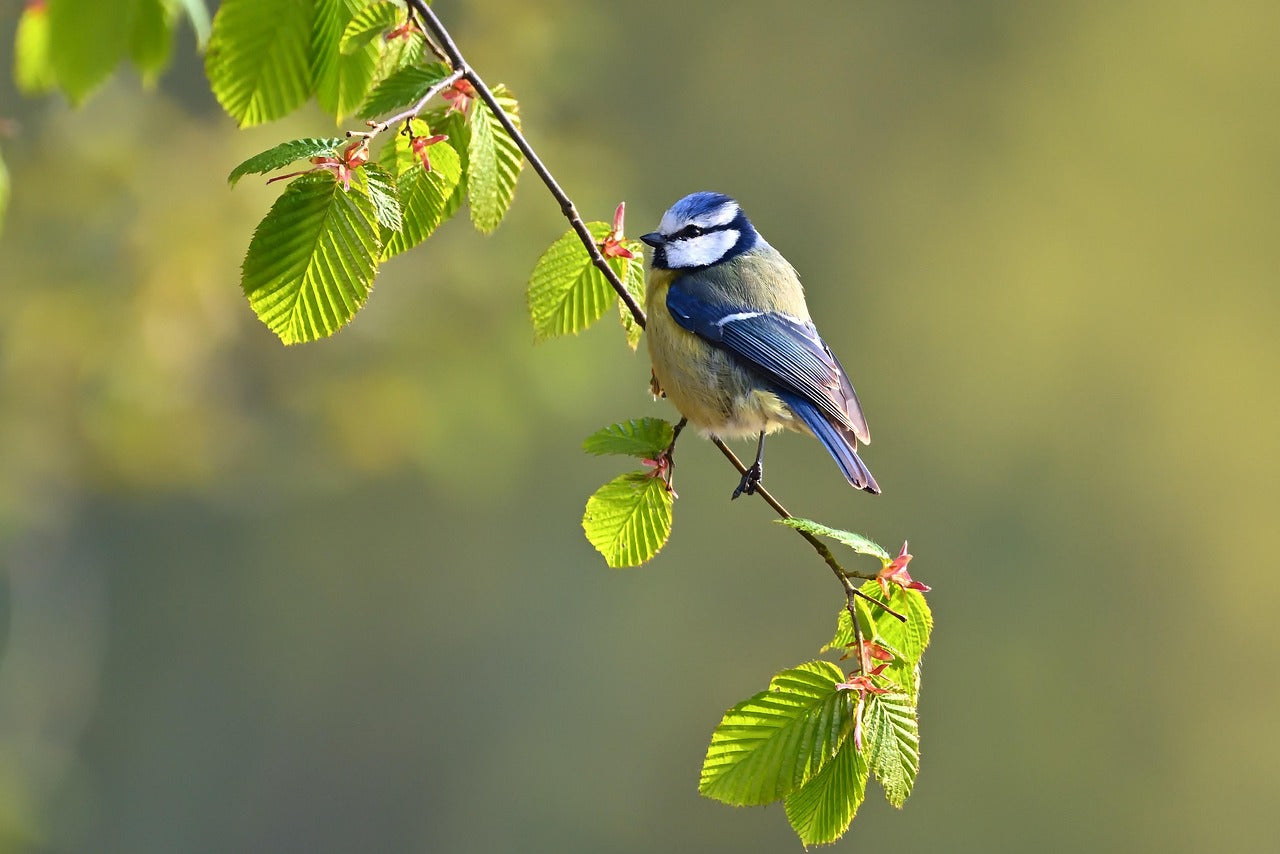
By understanding the challenges birds face in spring and providing appropriate food and support, we can help them thrive during this demanding season. Whether you live in the countryside or have a small urban garden, every effort counts towards protecting and nurturing the wildlife around us. So, fill up those feeders, keep the water fresh, and enjoy the beauty of spring birdlife!



